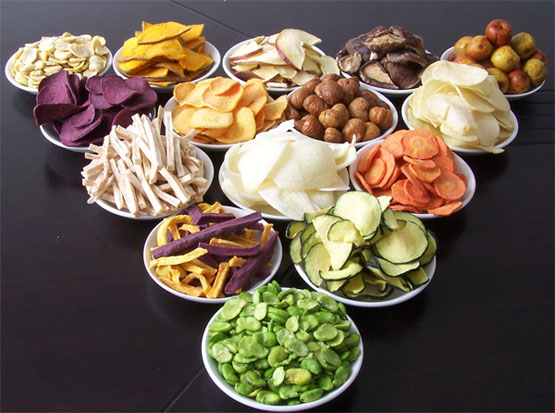Many factors can influence the digestion process, which is why it’s not always easy to find what exactly can make a certain individual constipated. Also, it’s very important that you know exactly what constipation is so you know for sure if it’s your case or not.
What is constipation and its causes?
The time intervals between bowel movements vary a lot from one person to another. As a result, there are more relevant guidelines to be taken into consideration when trying to find out if you’re constipated or not:
– Hard stools.
– Straining during bowel movements
– Experience the feeling of incomplete evacuation after a bowel movement
– Less than three stools a week.

There are a few other symptoms associated with constipation that suggest a serious health disorder, and if you experience any of them, it’s best to seek immediate medical attention:
– Sudden and unexplained appearance of constipation which lasts more than 3 weeks.
– Blood present in stools.
– Constipation alternating with diarrhea.
– Rectal and/or abdominal pain.
– Unexplained weight loss.
Both acute and chronic constipation can be equally bothersome, and there are many factors that can lead to them:
– Insufficient fluid and/or fiber intake.
– Changes in lifestyle routine such as travelling and pregnancy.
– Stress.
– Ignoring or delaying the urge to have a bowel movement.
– Colon and rectum health problems like intestinal obstruction.
– Irritable bowel syndrome.
– Frequent use of laxatives.
– Use of medications such as pain medication, anti-depressives, and diuretics.
– Hemorrhoids and anal fissure.
– Insufficient physical activity.
Healthy habits for good bowel movement
When constipation is caused by an underlying disease, medical and other types of treatments are required to treat constipation, as in such cases it is the effect and not the cause. On the other hand, when constipation occurs in a healthy individual, except for the possibility of a genetic predisposition, some inappropriate habits and lifestyle choices are likely causing or at least aggravating constipation.
Ensuring that you have an adequate fiber intake (approximately 25-30 grams of fiber every day) will help digestion and soften the stools. Hydration is also very important as a lack of fluids can make the stools drier and harder, among other negative health effects.

Regular physical activity will put the muscles at work, including those in the digestive tract. Even a daily walk can help a lot, not just attending aerobics classes or heavy weight-lifting. Probiotics found in foods such as yogurt, kefir, and sauerkraut promote good bacteria in the stomach, necessary for the digestion process. While this is not a quick fix, regular consumption of probiotic foods can reduce constipation.
It is known that frequent use or misuse of laxatives can weaken the bowel muscles. Nevertheless, occasionally, you can use a mild, natural laxative. This is especially effective for cases of acute constipation. Also, do not ignore the urge to go; doing this frequently can significantly aggravate constipation.

